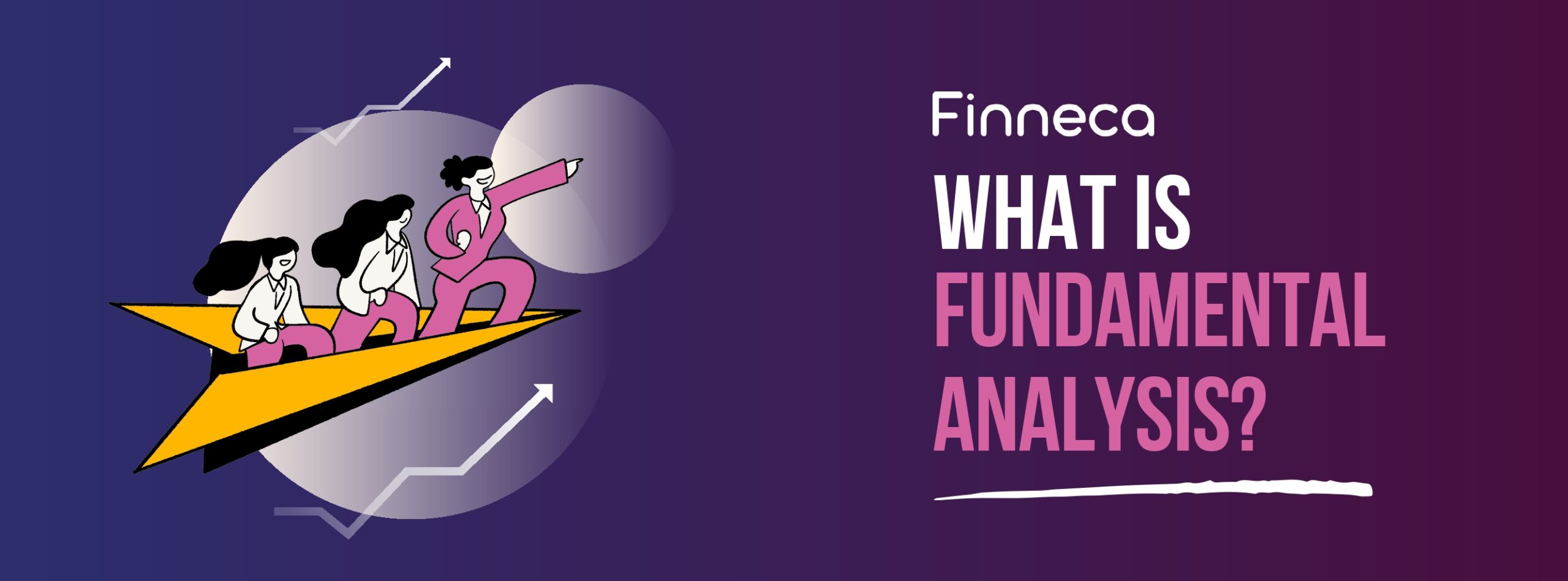📊 What is Fundamental Analysis? A Simple Guide for Beginners
If you're just getting started in the world of investing, you’ve probably heard the term “Fundamental Analysis.” It might sound technical, but don’t worry — it's actually quite simple once you get the hang of it.
Let’s break it down in a way that makes sense.
✅ What is Fundamental Analysis?
Fundamental Analysis is like checking the health of a company before you invest in its stock.
Just like a doctor examines your body before giving you advice, investors use fundamental analysis to examine a company’s overall performance — its financials, management, business model, and more — to decide if its stock is worth buying or not.
💡 Why is Fundamental Analysis Important?
Think of it like this: Would you buy a car without checking its engine, mileage, or history? Probably not.
Similarly, before buying a stock, you want to know:
- 📈 Is this company profitable?
- 🚀 Can it grow in the future?
- 💰 Is it worth the current stock price?
Fundamental analysis helps you answer these questions and invest wisely.
🔍 What Do We Look at in Fundamental Analysis?
Here are some of the key things investors examine:
1. 📊 Financial Statements
These are the company’s official scorecards. The main ones are:
- 📃 Income Statement: Shows profit and loss.
- 📋 Balance Sheet: Lists what the company owns and owes.
- 💸 Cash Flow Statement: Tracks the money coming in and going out.
2. 💵 Earnings & Revenue
The higher the earnings and steady growth in revenue — the better the company is performing.
3. 🧱 Debt Levels
Too much debt is risky. A strong company manages its debt well.
4. 👔 Management & Business Model
Who is running the company? Is the business model sustainable and innovative?
5. 🌐 Industry & Economic Conditions
Even a great company can struggle if its industry is in trouble. Understanding the market conditions is important too.
📚 Basic Terms Used in Fundamental Analysis
Here are some simple terms you’ll often come across when doing fundamental analysis:
- 📌 Revenue: Also called sales or top line, this is the total money a company earns from selling its products or services.
- 📌 Net Profit (Net Income): This is what the company actually earns after paying all expenses, taxes, and costs. Also known as the bottom line.
- 📌 Earnings Per Share (EPS): This tells you how much profit the company makes for each share. Higher EPS is generally better.
- 📌 Dividends: A part of the company’s profit shared with shareholders. Not all companies pay dividends, but those that do are often seen as stable.
- 📌 Assets: Things the company owns — like cash, buildings, machines, or investments.
- 📌 Liabilities: These are debts or financial obligations — money the company owes.
- 📌 Equity: The value of ownership in the company. It’s the difference between assets and liabilities.
- 📌 Market Capitalization (Market Cap): The total value of all a company’s shares. It helps you understand the size of the company (Small Cap, Mid Cap, or Large Cap).
- 📌 Free Cash Flow: Cash left after a company pays for its operations and capital expenses. More free cash means more flexibility and potential growth.
📈 Ratios Used in Fundamental Analysis 📊
Some key numbers help make decisions easier:
| 📏 Ratio | 🔍 What It Means |
|---|---|
| P/E (Price to Earnings) | Is the stock overvalued or undervalued? |
| ROE (Return on Equity) | How efficiently the company is using investor money |
| Debt-to-Equity | Is the company borrowing too much? |
| Current Ratio | Can the company pay short-term bills? |
These ratios help compare different companies and find the best options to invest in.
🧠 Fundamental vs Technical Analysis 📉
To make it even clearer:
- 🔍 Fundamental Analysis = Studying the company
- 📊 Technical Analysis = Studying the stock price and charts
Both have their place in investing, but fundamental analysis helps you understand the true value of a stock and make smart, long-term decisions.
🏁 Final Thoughts 💭
Fundamental analysis is all about understanding a company before you invest your hard-earned money. It helps you make informed, smart, and long-term investment decisions.
💡 You don’t have to be a financial expert to get started — just stay curious, keep learning, and use common sense.
📌 Remember: Good companies make good investments. 💸
